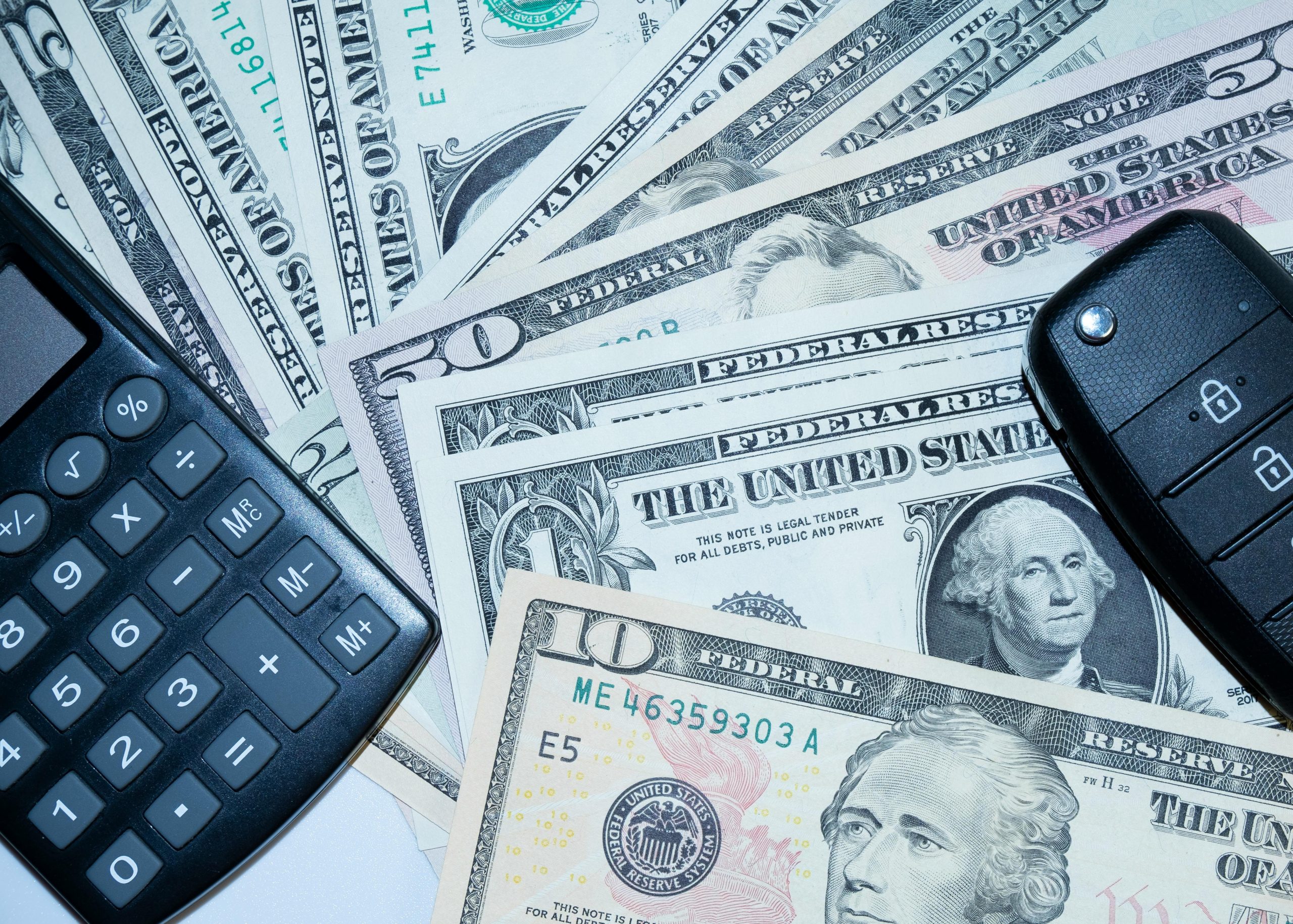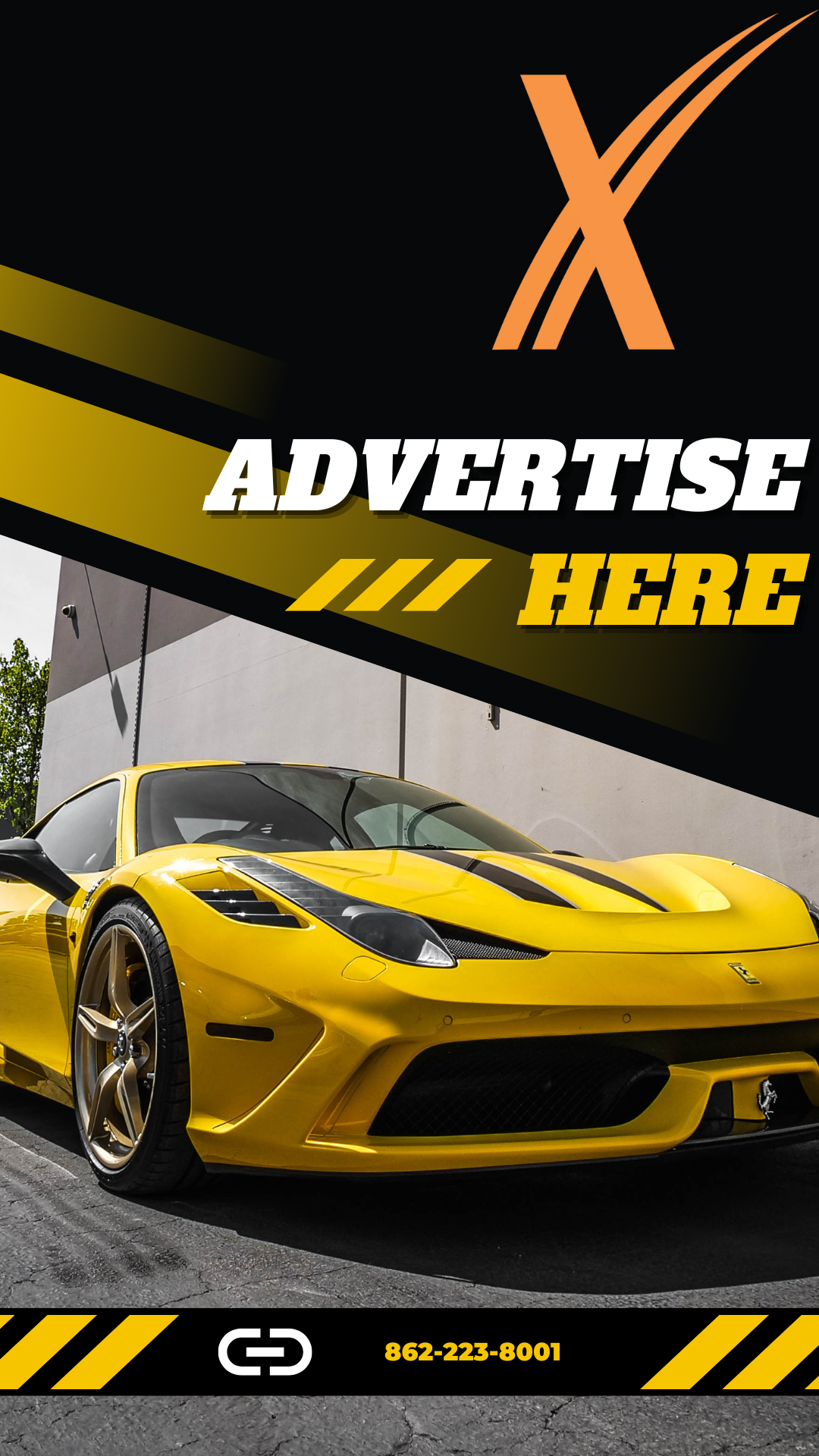Purchasing a luxury car is not just about enjoying the finer things in life; it can also offer financial benefits when done strategically. If you’re considering upgrading to a high-end vehicle, the end of the year might be the perfect time to make your move. Here’s how timing your purchase can maximize tax advantages and offer other financial perks.
1. Leverage Year-End Tax Deductions
Section 179 Deduction
One of the most significant tax benefits for business owners is the Section 179 deduction. If you purchase a luxury vehicle or a heavier vehicle for business use, you may be able to deduct a portion of its cost in the year of purchase. The IRS allows for substantial deductions on certain vehicles, including those with a Gross Vehicle Weight Rating (GVWR) above 6,000 pounds, such as many SUVs, trucks, and larger vans. Here’s how it works:
- Eligibility: To qualify, the vehicle must be used for business purposes more than 50% of the time.
- Deduction Limit: In 2024, the maximum deduction limit for qualified passenger vehicles is $28,900. However, for heavier vehicles (those with a GVWR over 6,000 pounds), the maximum Section 179 deduction can reach up to $1,160,000, depending on the cost of the vehicle and the total amount of equipment purchased during the year.
Bonus Depreciation
In addition to Section 179, you may qualify for bonus depreciation. This allows you to write off a significant percentage of the vehicle’s cost in the first year, which can reduce your taxable income substantially. Heavier vehicles, such as commercial trucks or large SUVs, often qualify for more extensive depreciation benefits due to their size and business applications.
Pro Tip: Ensure proper documentation of business use to maximize your deductions and comply with IRS requirements.
2. Take Advantage of Manufacturer Incentives
Luxury car manufacturers and dealerships often provide year-end discounts and promotions to clear inventory for next year’s models. These deals can significantly reduce your out-of-pocket costs, making it financially advantageous to buy in December.
Benefits of Year-End Deals
- Lower Purchase Price: Take advantage of holiday sales and clearance events.
- Increased Negotiation Power: Dealerships are more motivated to close deals before year-end.
Combine these savings with potential tax deductions to maximize the value of your investment.
3. Reduce Taxable Income Through Business Expenses
If you’re a business owner or self-employed, purchasing a luxury or heavier vehicle can serve as a legitimate business expense. Here are some considerations:
- Operating Costs: Expenses like fuel, maintenance, and insurance can also be deductible when the vehicle is used for business purposes.
- Mileage Deductions: Alternatively, you can claim mileage deductions for business travel.
Detailed Breakdown of Deductible Expenses
- Fuel Costs: Track and deduct fuel costs incurred during business use.
- Maintenance and Repairs: Regular upkeep, oil changes, and unexpected repairs are all eligible.
- Insurance Premiums: Deduct the portion of your insurance related to business use.
Consult a tax professional to determine which approach yields the highest tax savings.
4. Depreciation Benefits Over Time
Luxury vehicles and heavier vehicles often retain their value better than standard cars, and this can work to your advantage when factoring in tax benefits:
- Standard Depreciation: Spread out deductions over several years.
- Resale Value: High-end cars and larger vehicles often have better resale values, which can offset long-term costs.
Comparing Depreciation Methods
There are two primary depreciation methods for vehicles:
- Straight-Line Depreciation: Deduct the same amount each year over the vehicle’s useful life.
- Accelerated Depreciation: Take larger deductions in the early years, which can help reduce taxes in high-income periods.
5. Prepare for Tax Season Early
The end of the year is the perfect time to make major purchases because you can account for them in your upcoming tax filings. Take these steps to ensure you’re ready:
- Keep Detailed Records: Maintain receipts and documentation of the purchase and its business use.
- Consult a Tax Advisor: A professional can help you navigate complex tax codes and maximize your deductions.
Steps for Record-Keeping
- Document Business Use: Use a mileage log or app to track business versus personal use.
- Retain All Receipts: Keep purchase agreements, maintenance invoices, and fuel receipts.
- Review IRS Guidelines: Familiarize yourself with the specific tax rules for vehicle deductions.
6. Explore Financing and Leasing Options
Buying outright isn’t the only way to acquire a luxury or heavier vehicle. Leasing or financing can also offer unique financial benefits:
Financing Advantages
- Low Interest Rates: Year-end promotions often include attractive financing terms.
- Tax-Deductible Interest: If the vehicle is used for business, the interest on the loan may be deductible.
Leasing Advantages
- Lower Upfront Costs: Leasing typically requires less money down.
- Monthly Expense Deductions: Lease payments can be deducted proportionally to business use.
Evaluate the long-term cost and tax implications of each option to find the best fit for your financial situation.
7. Environmental Considerations and Incentives
Opting for a luxury electric or hybrid vehicle can unlock additional financial perks, even in the heavier vehicle category:
Federal and State Tax Credits
- EV Tax Credit: Electric vehicles, including larger models like electric SUVs and trucks, may qualify for federal tax credits of up to $7,500.
- State Incentives: Some states offer additional credits or rebates for eco-friendly cars.
Lower Operating Costs
- Reduced Fuel Expenses: Electric and hybrid vehicles often cost less to operate.
- Maintenance Savings: Fewer moving parts mean lower long-term maintenance costs.
8. The Psychological and Lifestyle Benefits
While financial benefits are key, it’s worth considering the lifestyle and psychological advantages of owning a luxury or larger vehicle:
- Enhanced Comfort: High-end vehicles offer superior comfort, safety, and technology.
- Professional Image: A luxury vehicle or heavy-duty truck can reinforce your personal or business brand.
- Long-Term Satisfaction: Premium vehicles are often more satisfying to own, thanks to their build quality and features.
9. Common Mistakes to Avoid
To ensure your luxury or heavy vehicle purchase is financially savvy, avoid these pitfalls:
- Failing to Document Business Use: Without proper documentation, you risk losing deductions.
- Overlooking Depreciation Limits: Ensure your vehicle qualifies for the maximum deductions.
- Ignoring Financing Costs: Factor in interest rates and fees when calculating total costs.
Conclusion
Buying a luxury or heavier vehicle at the end of the year can be a savvy financial move, especially for business owners and high-income earners. By leveraging year-end tax deductions, taking advantage of dealer incentives, and planning your purchase strategically, you can enjoy the prestige of a luxury or heavy-duty vehicle while reaping significant tax benefits.











